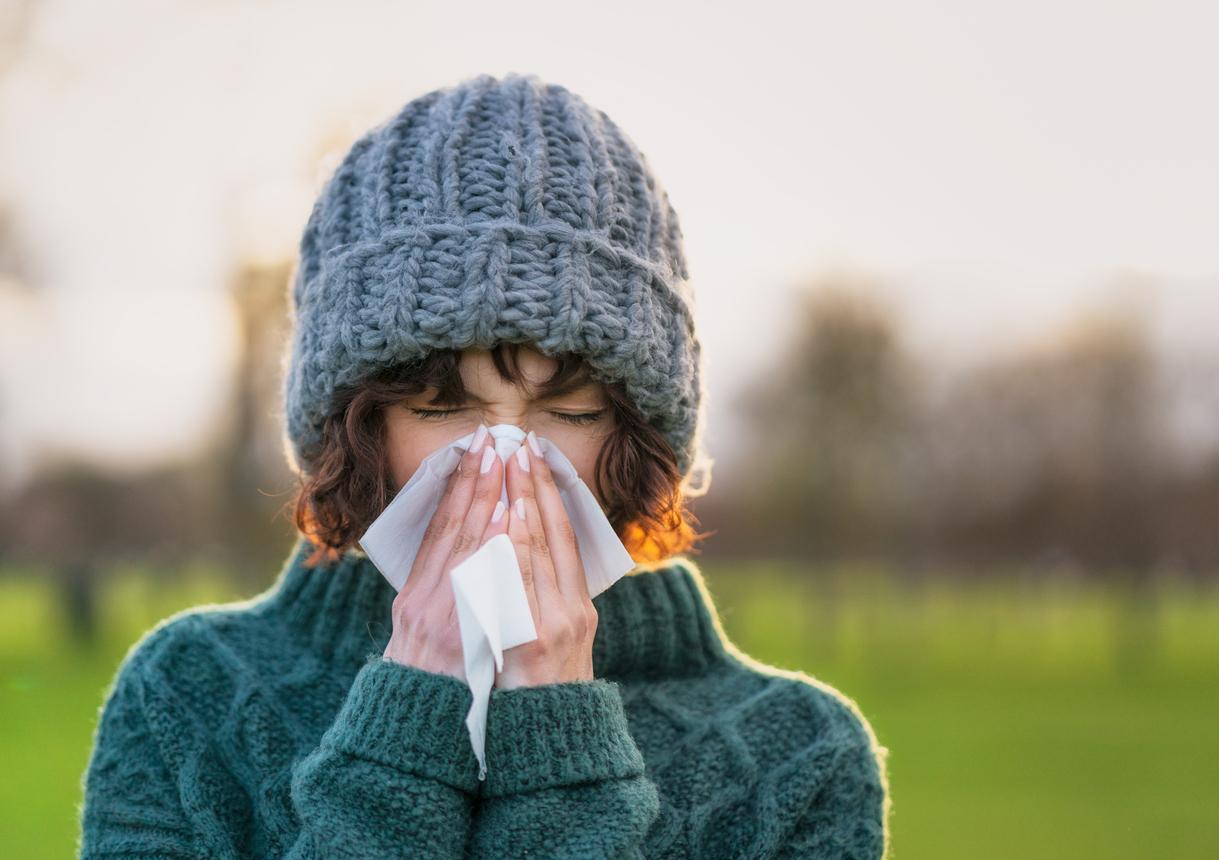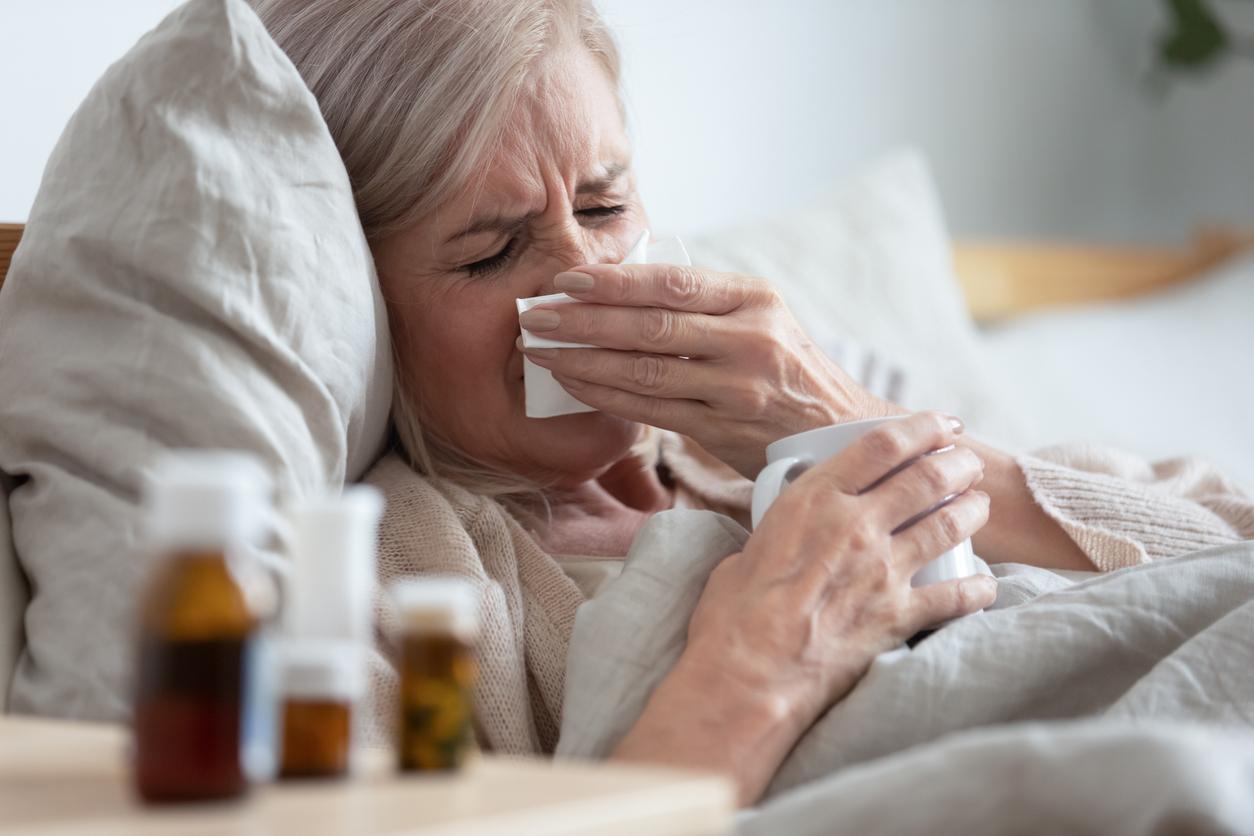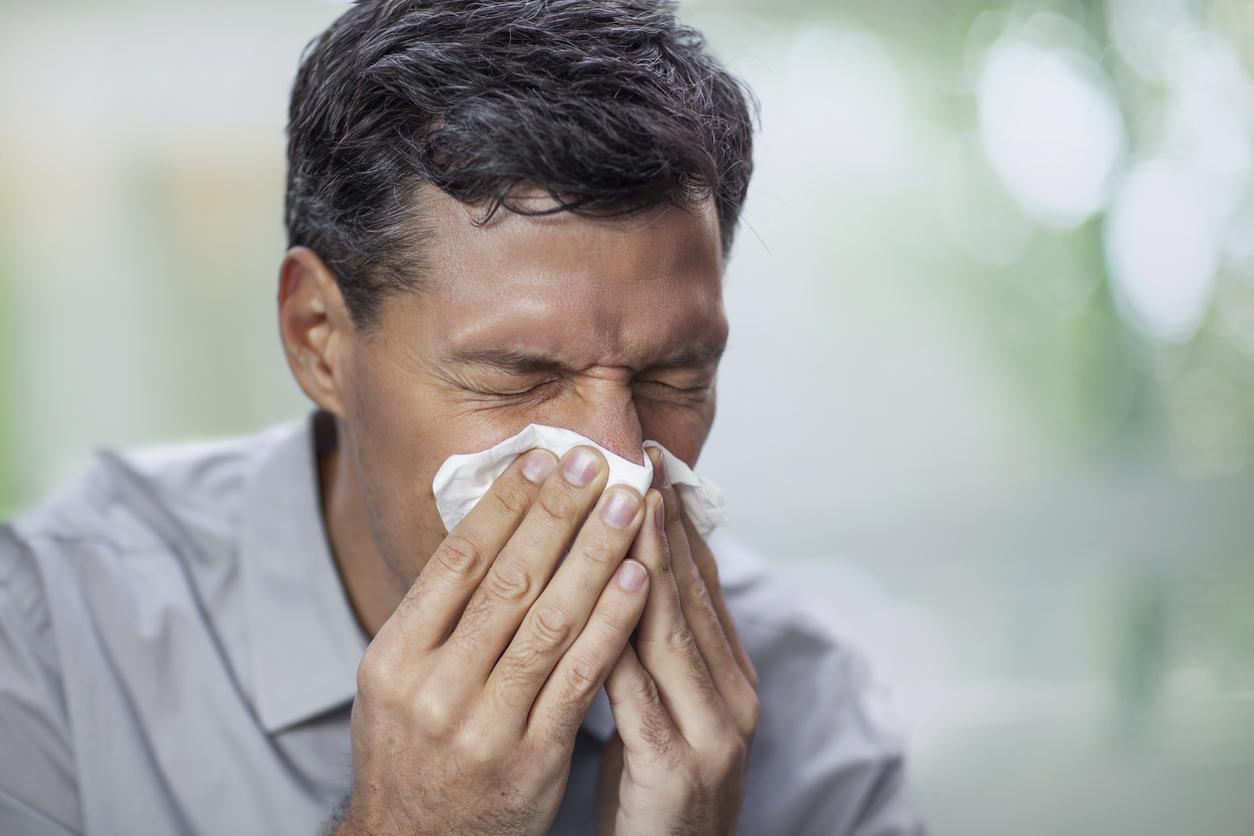
Cold & flu season
Cold & flu information
Every winter, there's an outbreak of cold and flu. For most of us, this means the same old symptoms: runny nose, sore throat, congestion, coughing and sneezing. However, it may be more serious when it comes to flu, especially for at risk groups. To help you stay healthy and informed this winter, we've set up this dedicated hub, covering the latest expert advice on cold and flu prevention, symptom management, and when to see a doctor.
Cold & flu information
Cold and flu share many things in common - they're both viral infections that mainly affect the sinuses and respiratory system. They also flare up in the colder months and spread to other people through coughing and sneezing.
However, the common cold is caused by many different viruses, which is why there’s no vaccination for it. The flu, on the other hand, is caused specifically by the influenza virus and causes more severe symptoms including body aches, breathing difficulties, and fever. If not properly managed, more serious complications may also arise.

Infections
Flu
by Dr Doug McKechnie, MRCGP

Infections
Common cold
by Dr Philippa Vincent, MRCGP

Infections
Is it the flu or just a cold?
by Kerry Taylor-Smith

Chest and lungs
Should you go to work when you have a cold?
by Abi Millar
Prevention
The best chance of avoiding the flu is to get vaccinated. The flu vaccine is available to people over 65 in the UK, as well as young children, pregnant women, and other vulnerable groups.
Deaths from the common cold are incredibly rare, but every year tens of thousands of people die from the flu, mostly during the winter. That's why it's so important to get vaccinated - not just to protect yourself, but to prevent flu from spreading too.
Find out where and how to book your flu jab in the articles below, as well as practical tips for avoiding both cold and flu.

Infections
Immunisation for flu
by Dr Doug McKechnie, MRCGP

Infections
Why you should consider the flu vaccine
by Dr Laurence Knott

Infections
Where to get your flu jab this year
by Andrea Downey

Infections
Can I have the flu jab if ...?
by Milly Evans
Symptoms
The most common symptoms of cold and flu are congestion, feeling tired, coughing, sneezing, runny nose, sore throat, and high temperature. With flu, symptoms are more severe and often include body aches, night sweats, shivers (rigors), and nausea too.
You'll likely require bedrest and time off work until the symptoms pass. In the case of both cold and flu, the worst of the symptoms may only last 2-3 days, and most people recover completely within a week.
For a deeper dive into your symptoms, read our selection of GP-authored articles below.

Signs and symptoms
Fever
by Dr Colin Tidy, MRCGP

Chest and lungs
Cough
by Dr Philippa Vincent, MRCGP

Ear, nose and throat
Sore throat
by Dr Rachel Hudson, MRCGP

Ear, nose and throat
Persistent rhinitis
by Dr Doug McKechnie, MRCGP
Treatment & management
Your immune system will normally clear the viruses that cause cold and flu by itself, but there are a range of over-the-counter and prescription medicines (and even home remedies) that help alleviate symptoms.
Paracetamol and ibuprofen will lower a temperature, while lozenges or cough medicines sooth a sore throat. If the infection is severe enough, you may be prescribed antiviral medications like oseltamivir or zanamivir to reduce the risk of complications.

Infections
When to seek medical treatment for flu
by Allie Anderson

Infections
How to manage your flu symptoms at home
by Andrea Downey

Infections
Do any natural cold remedies work?
by Amberley Davis

Infections
Can zinc lozenges protect against coughs, colds, flu, and COVID-19?
by Amberley Davis
FAQs
Our goal is to give you clear, trusted clinical information to make informed decision about your health. So whether it's busting a myth, correcting a misconception, or answering a question you've always had about cold and flu, we hope you'll find what you need here.

General health and lifestyle
What is weather change sickness?
by Amberley Davis

Infections
Why do some people get worse colds than others?
by Julian Turner

COVID-19
Is it COVID-19 or flu this winter?
by Lawrence Higgins

Ear, nose and throat
When to worry about a sore throat
by Victoria Raw